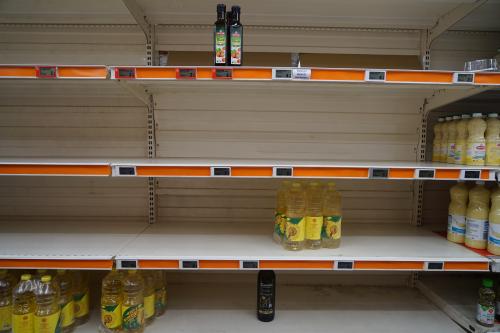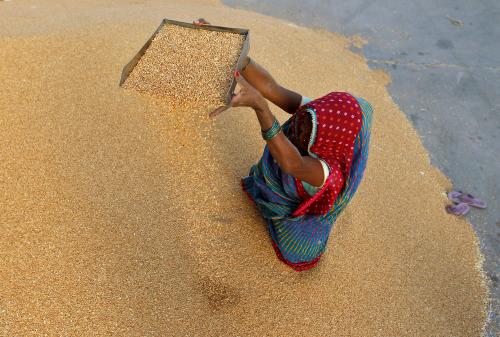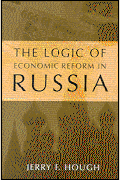Content from the Brookings Institution India Center is now archived. After seven years of an impactful partnership, as of September 11, 2020, Brookings India is now the Centre for Social and Economic Progress, an independent public policy institution based in India.
A Hindustan Times article quoted Brookings India Director of Research and former RBI deputy governor Subir Gokarn on the recent surge in the prices of pulses — a source of protein for every Indian — now at a five-year high in some parts of the country.
Read the full article in The Hindustan Times here.
Arhar or tur dal is retailing at more than Rs 200 a kg in some regions, while the national average of lentil is hovering around Rs 160 a kg, more than double of last year’s price of Rs 75 a kg. There is a danger of killing over food following the recent lynching over faith.
The focus is changing from the basic needs of nutrition such as rice and coarse grains to more aspirational products like protein-rich eggs, meat and fish. This is a sustaining demand in an economy in which supply shortage was the key driver of inflation in the past. The recent price data show that the prices of pulses, milk, eggs and fish have risen faster than overall food prices.
At relatively low levels of per capita income, carbohydrate-rich diets, based on cereals such as wheat and rice, dominate protein-based diets. This trend is showing signs of reversing with rising incomes. As incomes cross an inflection point, this pattern changes and protein-rich foods begin to dominate carbohydrate sources.
Dr Gokarn estimated this at Rs 580-690 per month in rural areas and Rs 1,100-1,380 in urban areas.
Related Article: Tur travails – Three components of a structural solution to the pain caused by price spikes
The Brookings Institution is committed to quality, independence, and impact.
We are supported by a diverse array of funders. In line with our values and policies, each Brookings publication represents the sole views of its author(s).







Commentary
Price stabilisation fund for pulses can keep consumer budget in check
October 23, 2015